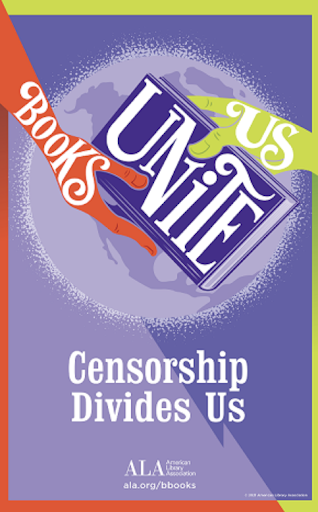Why Censorship is Dangerous
The internet is a powerful and influential place and we often don’t bat an eye at random things that are censored: YouTube videos using foul language, a TikTok of a woman in a bathing suit, etc. While these forms of censorship are minor and nothing in the grand scheme of things, they could morph into the detriment of our society; history is slowly repeating and we’re watching it with our very own eyes.
Censorship “protects,” while also causing a form of naive blindness. According to the Holocaust Encyclopedia, when Adolf Hitler first came into power, he slowly began to modify the German Constitution. He eventually destroyed the civil rights of freedom of speech and press (and much more). However, his strategy of moving carefully and subtly worked in his favor; he blinded the German citizens by silently eliminating their rights.
It all began with closing down/taking over anti-Nazi media, controlling the content of the media, banning books that disagreed with their standpoints, and even controlling what soldiers wrote to their families. Along with censorship, the Nazis used anti-semitic and pro-Hitler/Nazi propaganda; even radios were made to be more affordable so everyone could listen to the Nazi news. Groups like the Hitler Youth and the League of German Girls were created to brainwash children into obeying fascism, loving Hitler, and hating Jews. And of course, German schools eliminated any textbooks that didn’t teach fascim and/or anti semitism.
In 1933, Hitler appointed Joseph Goebbels (an ex-journalist) as the Reich Minister of Public Enlightenment and Propaganda. His first act was to supervise the burning of over 20,000 books by Jewish or anti-Nazi authors. Every book and movie plot had to be run by Goebbels before publishing, and every piece of media spread anti-semitic or pro-Nazi propaganda. For example, “Eternal Jew” was a film by Fritz Hippler comparing Jews to rats (1940). In addition to the burning of literature, laws were put in place to prevent any kind of journalism from Jews; The Reich Press Law of 1933 banned all Jewish/liberal editors and journalists. It also banned certain newspapers in order to force owners into bankruptcy; the consequences of failing to abide included jail time and/or execution. This combination of constitutional infringements unequivocally played a role in the genocide that claimed the lives of over 11 million people.
Banning literature and ideas that challenge the status quo wasn’t just prevalent in Nazi Germany, as it was a common theme in countries/states with communist and totalitarian governments. North Korea, for example, allows zero independent media and citizens have no access to outside information and legally cannot criticize the government. In communist Russia, the government sentenced or exiled anyone who did not conform to their form of government, including Alexander Solzhenitsyn, who wrote of these times in “The Gulag Archipelago,” which was a book on life in the Soviet Union’s prison camp system. Not only does this silence author voices, but it also leads to uninformed citizens. If history is unknown, it can most definitely be repeated.
This directly aligns with the current history textbooks in America; information is constantly sugar coated in order to “preserve American pride.” Apparently, learning authentic history will cause every student to hate the country we live in. This inevitably starts before high school and before some students are even able to form a valid opinion on a historical topic. These textbook authors are more focused on being politically correct rather than telling the truth. Lies about important historical facts cause detrimental effects on our extremely impressionable youth. If textbooks are biased and fabricated, students who don’t do further research (the vast majority of students) will be completely misinformed. The entire reason for history’s importance is to make sure it doesn’t repeat itself. Once again, if we are unaware of what happened, there is no doubt that it could happen again.
Your donation will support the student journalists of Chamblee High School Blue & Gold. Your contribution will allow us to print editions of our work and cover our annual website hosting costs. Currently, we are working to fund a Halloween satire edition.

Allison Lvovich is a senior, and this is her second year in journalism. In her spare time, she plays/teaches tennis and plays chess. In 5 years time, she sees herself doing something related to statistics. One movie that encapsulates her Chamblee experience is "Legally Blonde."




